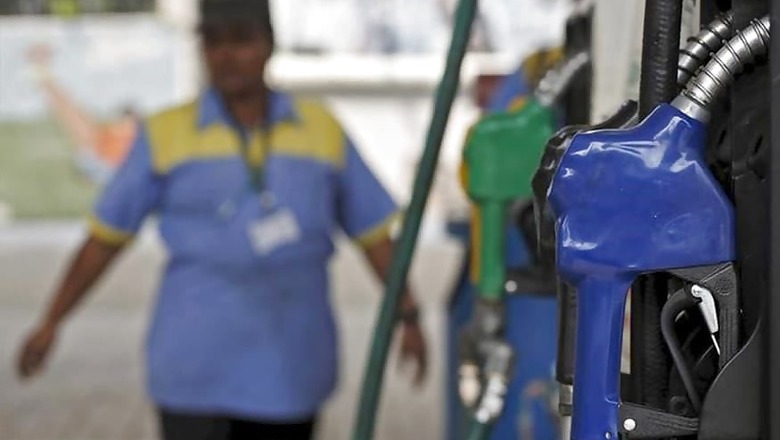
views
India Inc today urged the government to cut excise duty on petrol and diesel immediately, observing that rising oil prices pose a high risk to India's economic growth trajectory. Industry bodies Ficci and Assocham also pitched for the inclusion of automobile fuel under the ambit of GST as a long-term solution to rising prices, which coupled with a weakening rupee would increase the country's import bill significantly and have a cascading impact on inflation.
With global oil prices once again spiraling upwards, the macro-economic risks of higher inflation, higher trade deficit and pressure on the balance of payments with attended consequences for the rupee value have once again surfaced, Ficci President Rashesh Shah said.
He said the weakening rupee will further add pressure on the import bill, highlighting that there is also a risk of monetary policy turning hawkish, which would, in turn, have a bearing on the growth of private investments.
At a time when the Indian economy is on a recovery path, rising oil prices are again posing high risk to India's economic growth trajectory, Shah said.
Unless swift action is taken to address the situation, economic growth will again head towards a speed breaker. Amongst the most immediate actions that can be taken by the government is to bring down the excise duty on fuel, he added.
He said going forward, the Centre should also work with states to bring petrol products under the GST regime.
While a cut in excise duty on petrol and diesel may provide temporary relief to consumers, the sustainable solution lies in the automobile fuel coming under Goods and Services Tax, which can happen only after the Centre and states together reduce their dependence on the fuel considerably, Assocham Secretary General D S Rawat said.
He said the rising crude prices coupled with weaker rupee with cascading impact on inflation pose a big challenge for the Indian macro picture and ironically, there is little that can be done in the short term.
Also Read: 2018 Hyundai Creta SUV Facelift Launched in India for Rs 9.43 Lakh, Gets Sunroof
In the long run, India needs to rework its energy security and ensure that petrol and diesel do not remain a huge revenue resource. Rather than being a revenue source for the government, the auto fuel should drive the economic growth, Assocham said.
Brent crude oil prices went past the USD 80 per barrel mark last week. The brent touched USD 78.87 per barrel, up 0.5 percent from the last close.
The government said on Friday the recent spurt in global rates is a matter of concern as it could inflate import bill by as much as USD 50 billion and impact current account deficit (CAD). However, it remained non-committal on cutting excise duty to ease the burden from rising oil prices.
Don't Forget to Subscribe to the 'Tech And Auto Show' YouTube Channel
Economic Affairs Secretary Subhash Chandra Garg had said the spurt in oil prices will push up the oil import bill by USD 25 billion to USD 50 billion under different scenarios, adding that India spent USD 72 billion on oil imports last year.
Asked if the government would cut excise duty on petrol and diesel, he said he has nothing to say on excise duty front. "Just watch."












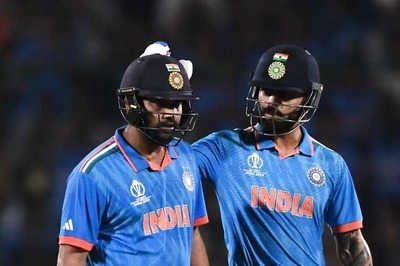
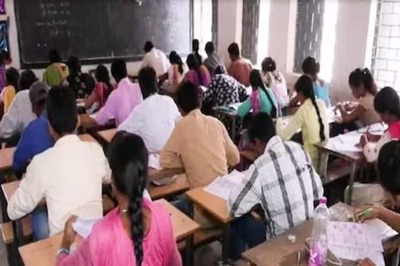
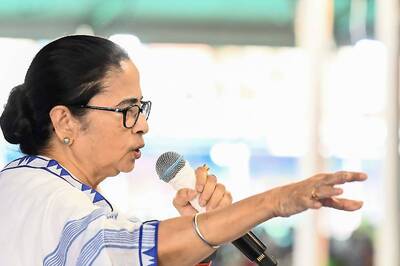


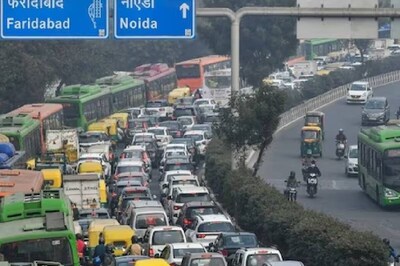

Comments
0 comment